politics
trump
pueblo Rico
environmental issues
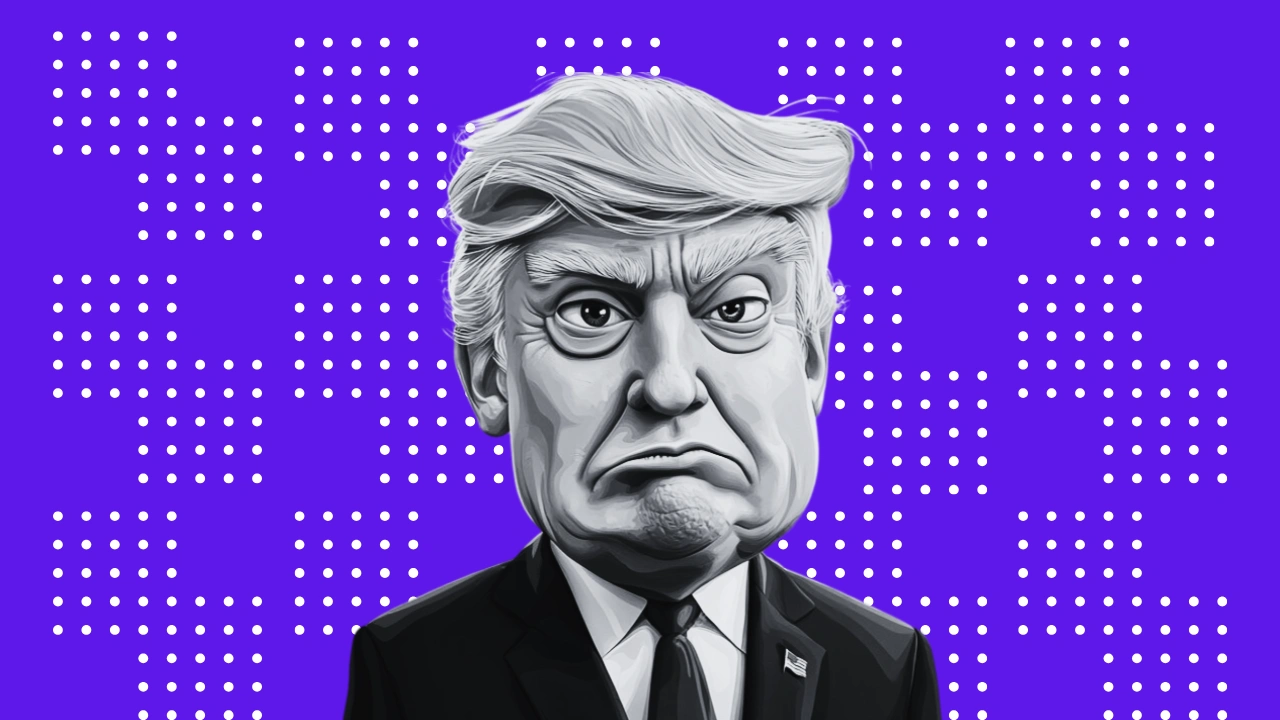
politics
trump
pueblo Rico
environmental issues
Donald Trump's October 27th, 2024, rally at Madison Square Garden, billed as his closing message to the nation, instead became a spectacle of inflammatory rhetoric and controversial statements, just over a week before Election Day. The event, which ran over two hours behind schedule, featured a series of speakers who delivered a barrage of insults and accusations against the Democratic Party and its candidates.
The most widely criticized moment came from stand-up comedian Tony Hinchcliffe, who made a deeply offensive joke about Puerto Rico: "I don’t know if you guys know this, but there’s literally a floating island of garbage in the middle of the ocean right now. I think it’s called Puerto Rico.” This comment immediately drew condemnation from Vice President Kamala Harris's campaign, particularly given the importance of the Puerto Rican vote in key swing states like Pennsylvania. Popular Puerto Rican musician Bad Bunny publicly endorsed Harris shortly after the controversial joke. While the Trump campaign issued a statement distancing itself from Hinchcliffe's remarks, stating that the joke "does not reflect the views of President Trump or the campaign," the damage was done.
The inflammatory comments didn't stop there. David Rem, a childhood friend of Trump, referred to Vice President Harris as "the Antichrist" and "the devil." Grant Cardone, a businessman, went even further, claiming that Harris "and her pimp handlers will destroy our country." These comments, along with others targeting various demographic groups, painted a picture of a rally deeply divided from the principles of respectful political discourse.
Trump himself, while not directly delivering the same level of overtly offensive remarks during his own speech, has consistently used harsh and personal attacks against Vice President Harris throughout his campaign. He has frequently questioned her mental stability and intelligence, using terms like "lazy," a racially charged trope often applied to Black individuals.
The rally itself was a star-studded affair for the Trump campaign, showcasing a range of personalities from different realms of public life. The lineup included former professional wrestler Hulk Hogan, who engaged in antics such as waving a large American flag and spitting on the stage, TV psychologist Dr. Phil McGraw, former Fox News host Tucker Carlson, and several Republican politicians, including House Speaker Mike Johnson, and Representatives Byron Donalds and Elise Stefanik. An artist was even present to paint a live portrait of Trump embracing the Empire State Building.
After being introduced by his wife, Melania Trump, in a rare public appearance, Trump began his speech with his customary question: "Are you better off now than you were four years ago?" The crowd responded with a resounding "No!" He then framed the election as a choice between "four more years of gross incompetence and failure" and the start of "the greatest years in the history of our country."
One notable policy announcement from the rally was Trump’s proposal for a new tax credit for family caregivers. This announcement came in response to Vice President Harris's focus on the "sandwich generation"—adults caring for both aging parents and their own children—and her proposal for federal funding to cover home care costs for older Americans.
Trump also reiterated many of his familiar stances on immigration and foreign policy. He called for the death penalty for any migrant who kills a U.S. citizen and declared that the day he takes office, "The migrant invasion of our country ends." As his speech neared the one-hour mark, some attendees began to leave.
Tech mogul Elon Musk, who had spoken earlier and introduced Melania Trump, played a prominent role in Trump's closing message. Trump lauded Musk as "a genius" and "special," referencing Musk's involvement in a proposed government efficiency commission to audit the federal government. The announcement raised eyebrows given Musk's business dealings with the government and reports of private communications with Russian President Vladimir Putin. Musk stated that the commission would address the wasteful spending of government funds.
Many speakers at this rally had also appeared at the Republican National Convention. However, their rhetoric at Madison Square Garden was markedly more aggressive and hostile towards Democrats.
The rally wasn't without its historical comparisons. Some Democrats have likened the event to a pro-Nazi rally held at Madison Square Garden in February 1939, drawing parallels to Trump's rhetoric and accusing him of fascism. Several speakers at the Trump rally directly responded to these criticisms, with some resorting to personal attacks and profanity towards Hillary Clinton, who had recently made the comparison. Alina Habba, one of Trump's attorneys, dismissed these claims, and Hogan vehemently denied any Nazi presence at the event.
Trump himself has repeatedly denounced the four criminal indictments against him as politically motivated, escalating his attacks on "enemies from within," including domestic political rivals. He has even hinted at using the military against his opponents, a statement that has drawn strong reactions from his political adversaries.
The atmosphere at Madison Square Garden was electric hours before Trump's scheduled appearance. The streets surrounding the arena were teeming with Trump supporters wearing red "Make America Great Again" hats, with a heavy security presence and significant street closures. One longtime Trump supporter, Philip D’Agostino, highlighted the large turnout as evidence of Trump's significant following.
The rally held special significance for Trump, given his complex relationship with New York City. This is the city where he built his business empire, achieved fame through tabloids and reality TV, and also faced criminal indictments and guilty verdicts on charges of falsifying business records, business fraud and sexual abuse. Despite New York City not voting for a Republican presidential candidate in 40 years, Trump has consistently expressed confidence in his ability to win the state’s electoral votes. The city also hosts several competitive congressional races that could significantly influence the balance of power in the House of Representatives. While typically painting a grim, exaggerated picture of crime and immigrant gang activity in New York City when addressing audiences elsewhere, Trump adopted a more positive tone towards his hometown during this rally, praising its spirit and energy and recounting his attendance at sporting events at Madison Square Garden. The rally concluded with a performance of "New York, New York" by opera singer Christopher Macchio, with Trump and his wife visibly enjoying the performance.
The Madison Square Garden rally served as a microcosm of the final days of the 2024 presidential campaign, showcasing the starkly contrasting approaches and rhetoric employed by the two major political parties. The event highlighted the deeply divisive political climate and the intensely personal nature of the election. The rally was a significant event, drawing widespread media coverage and continuing the ongoing debate about the tone and content of political discourse in the United States.
SHARE
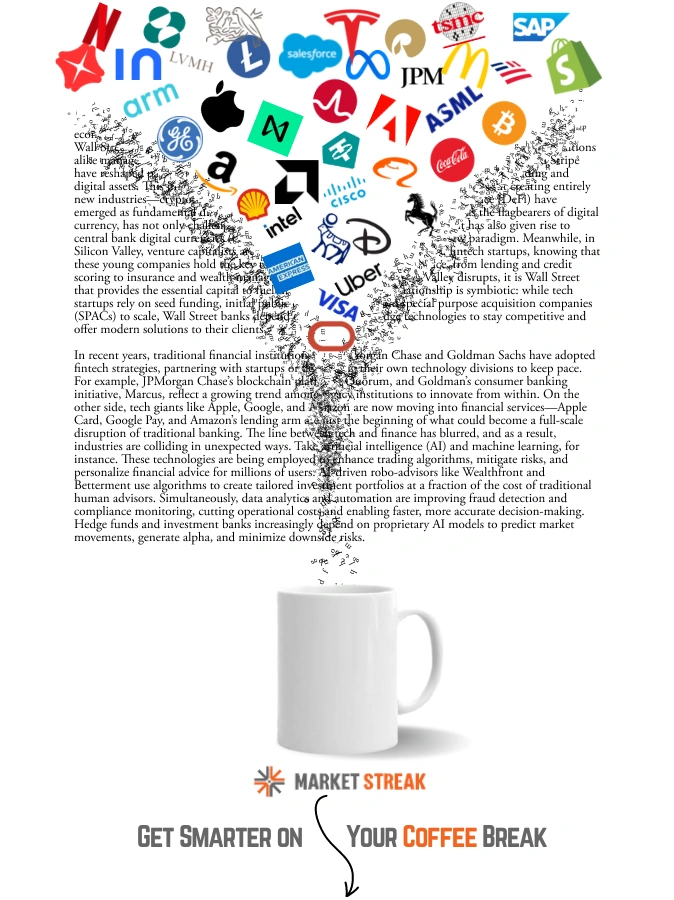
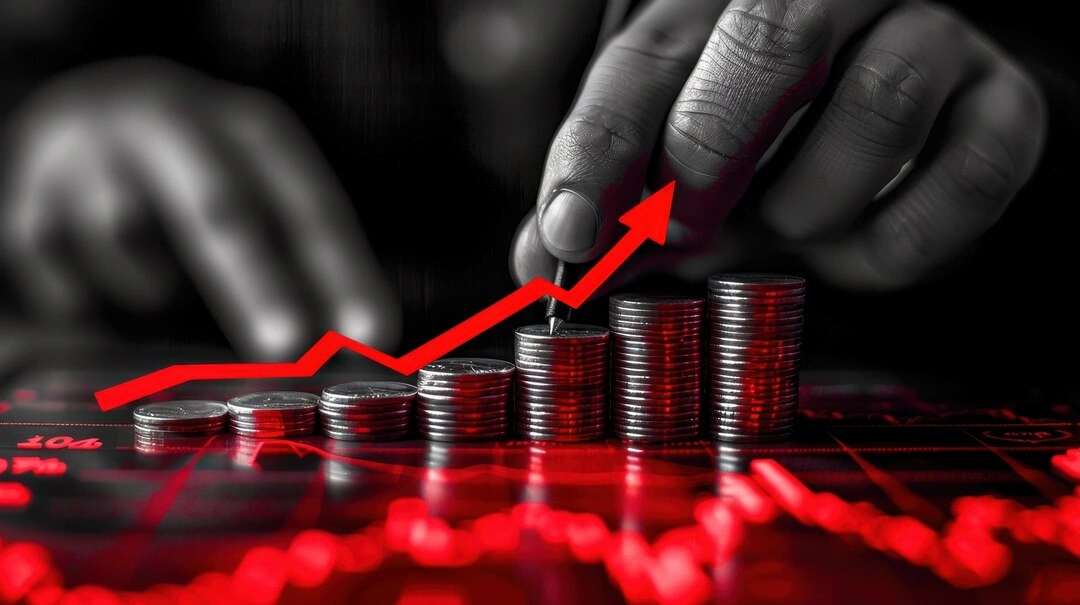
news
30th October 2024
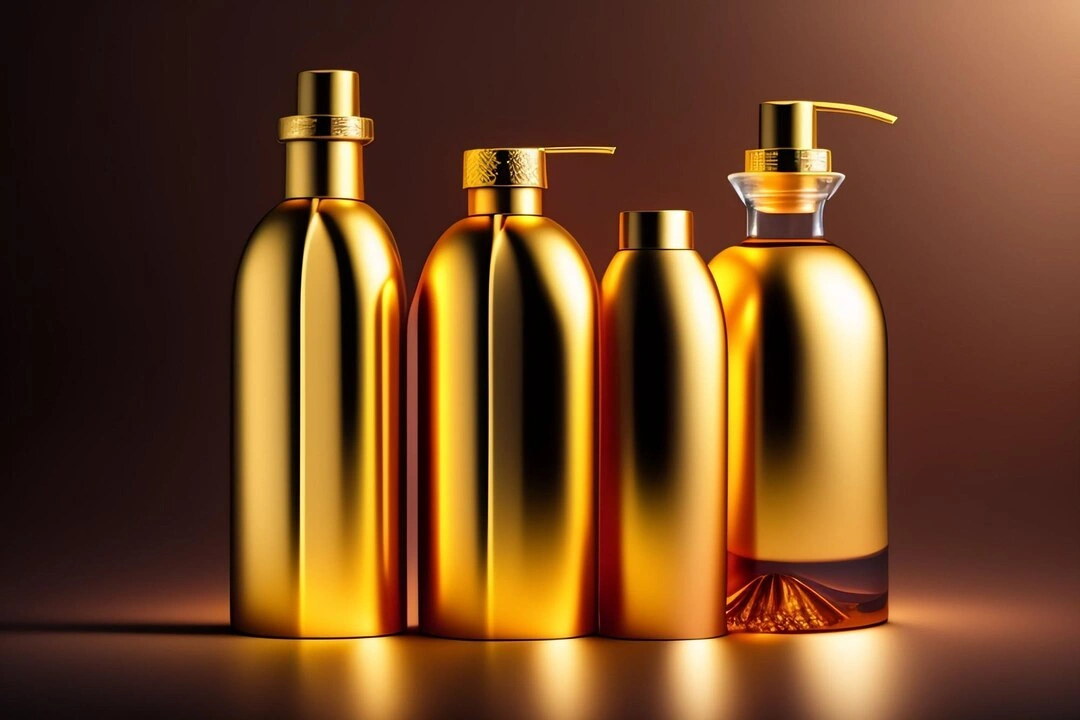
news
30th October 2024
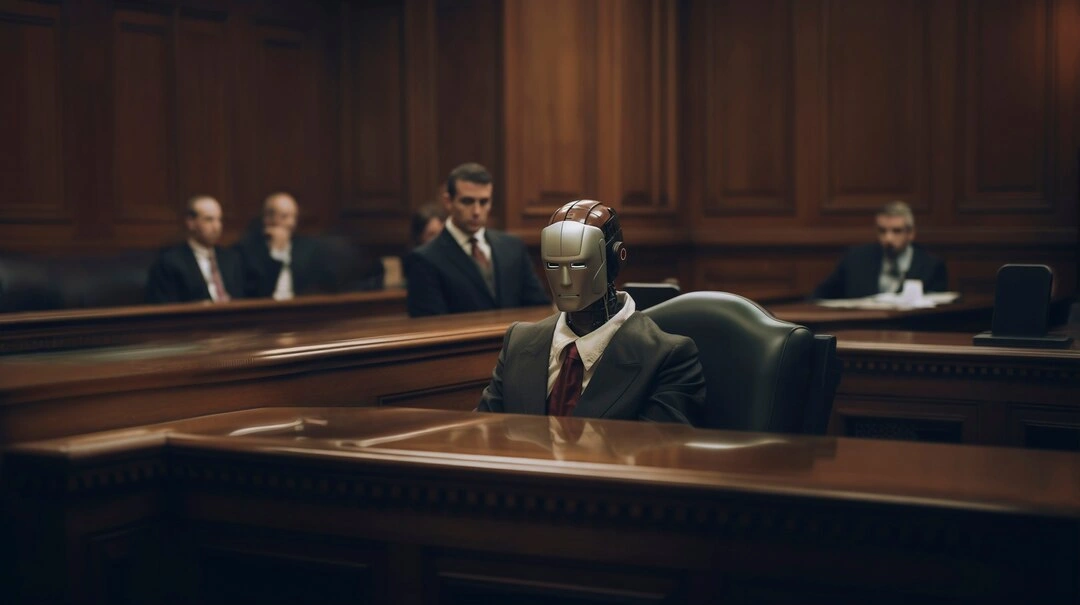
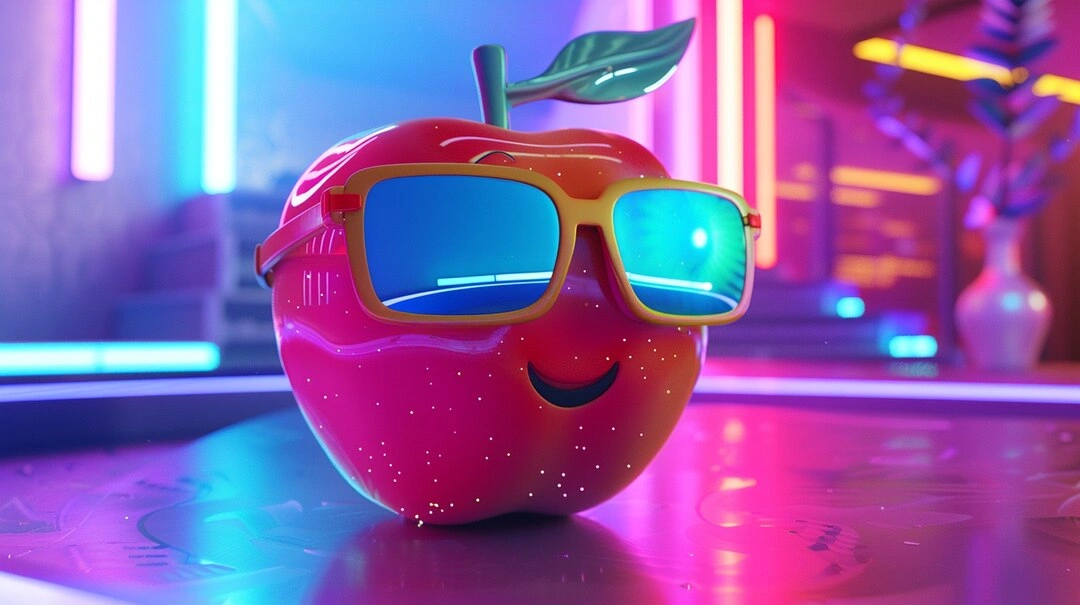
news
30th October 2024
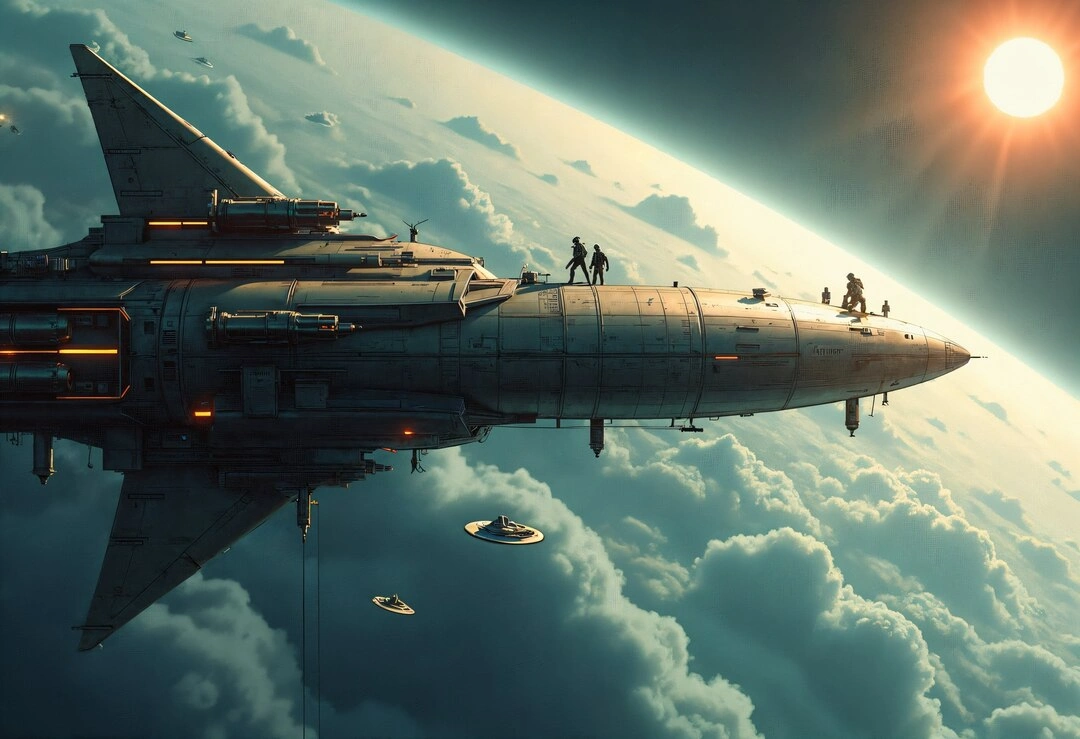
news
30th October 2024
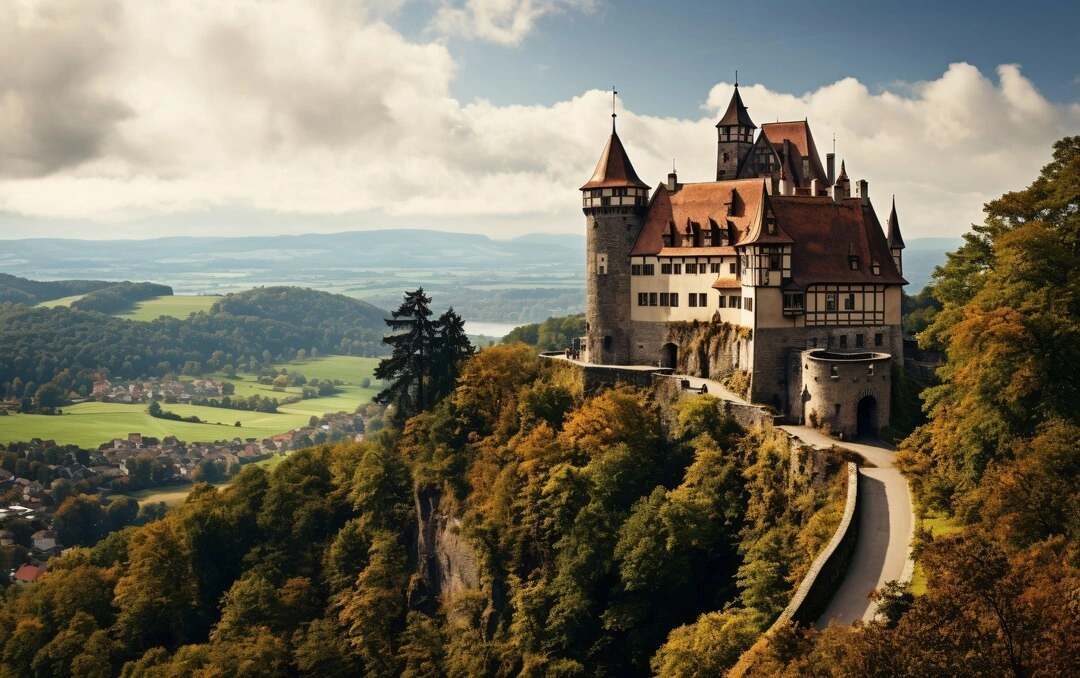
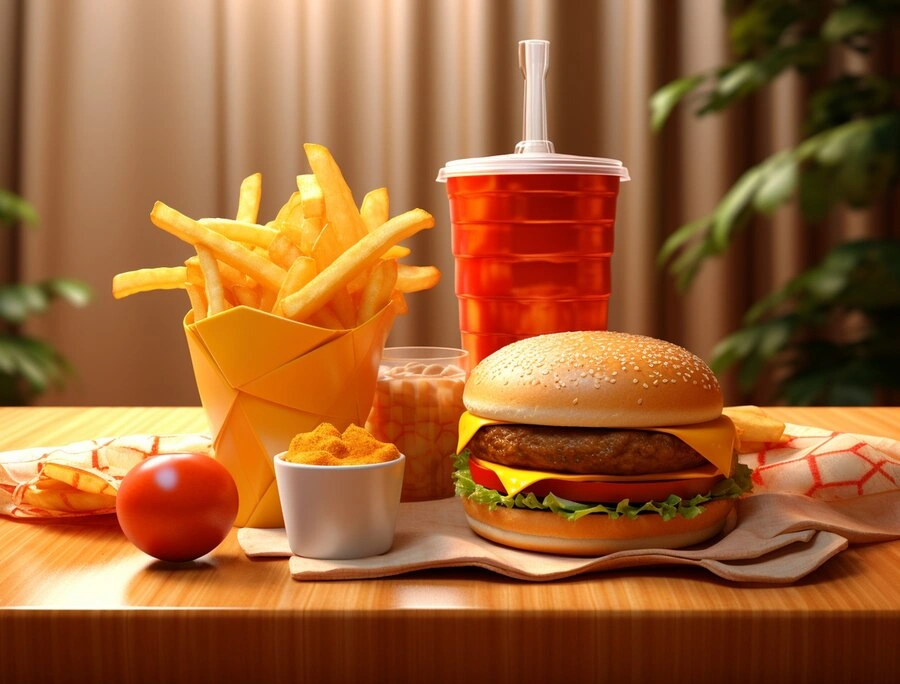
news
30th October 2024

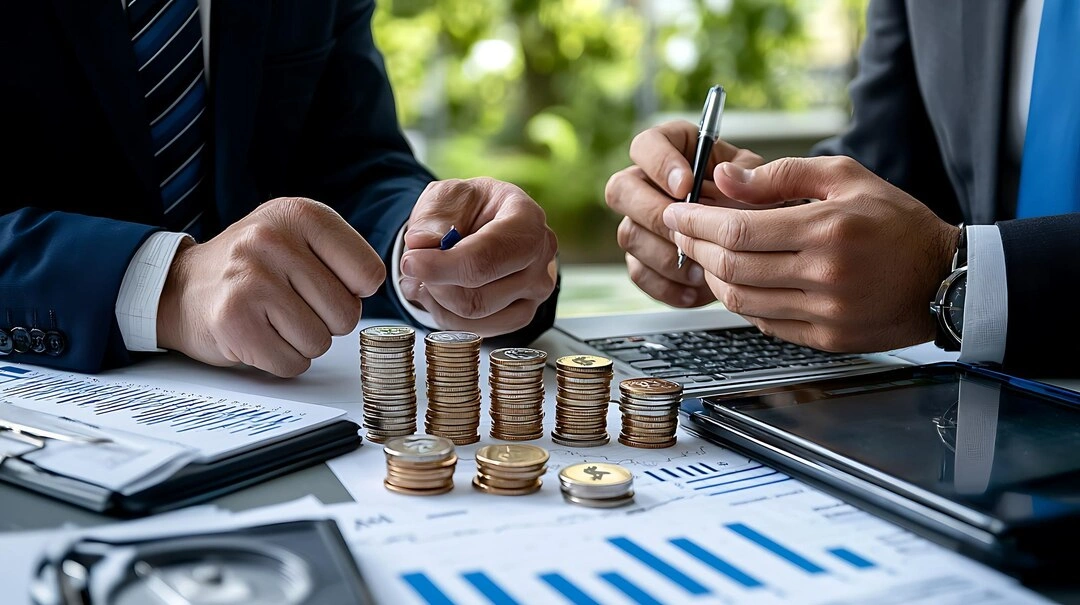
news
30th October 2024
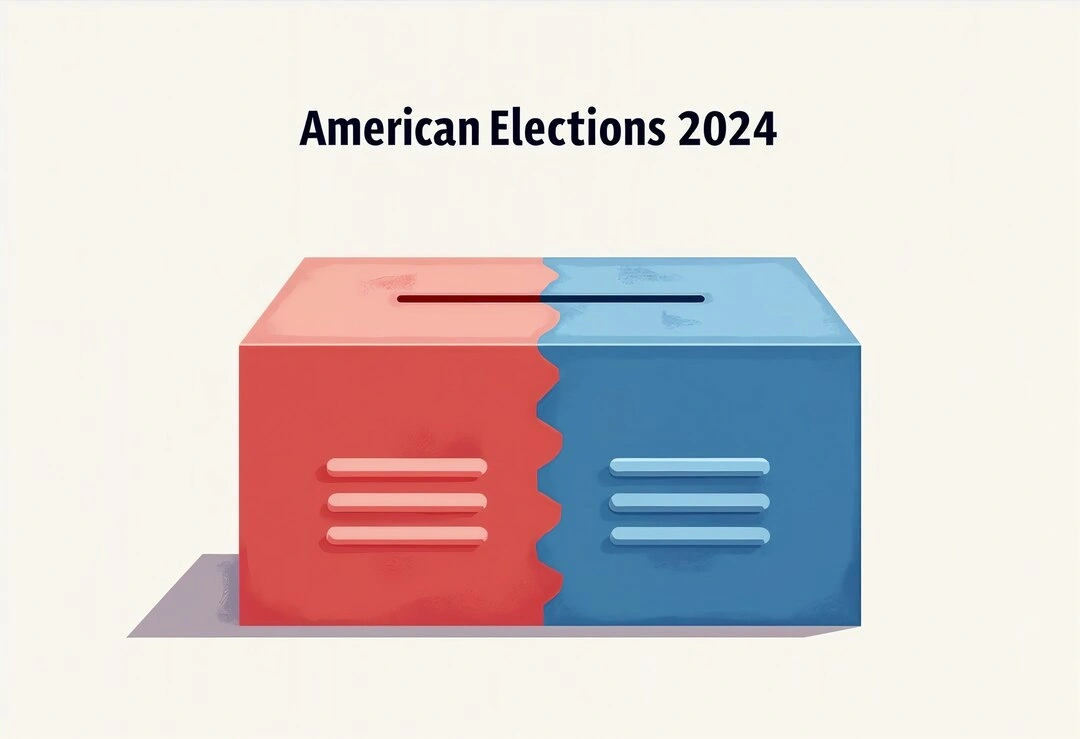
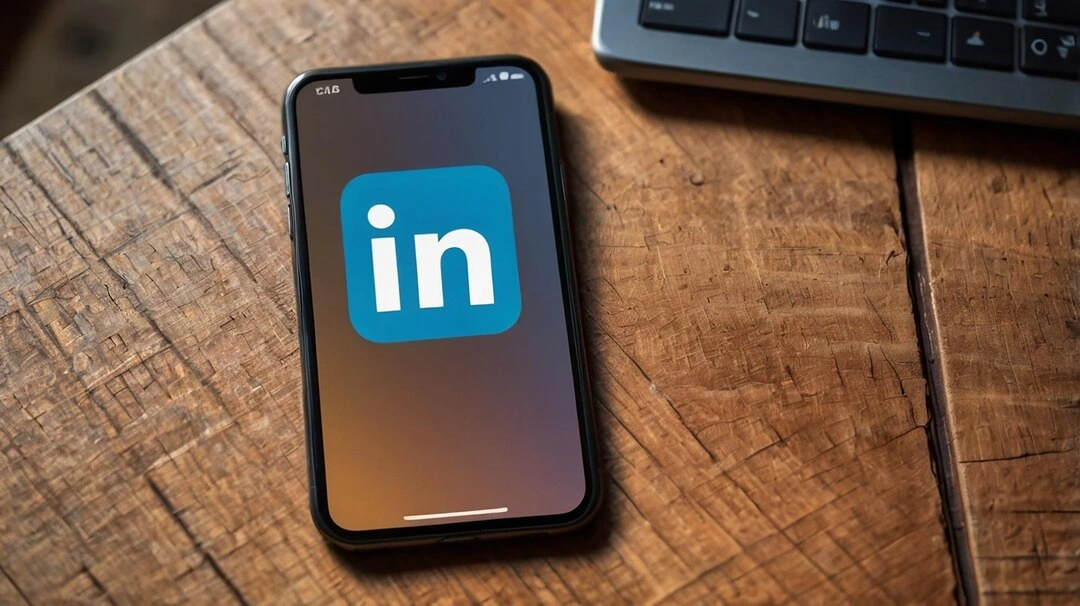
news
30th October 2024